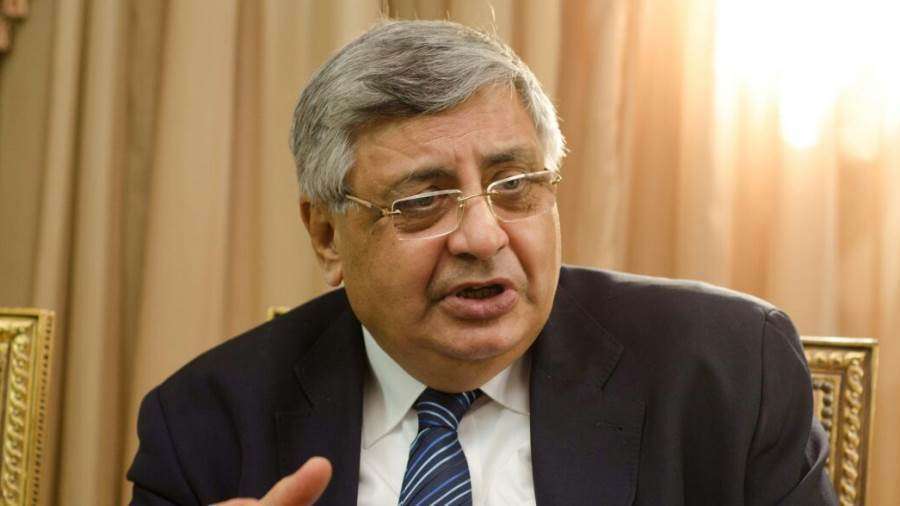Dr. Mohamed Awad Taj El-Din, Advisor to the President of the Republic for health and prevention affairs, stated that the state would provide mobile diagnostic devices to villages to participate in President Abdel Fattah El Sisi's initiative "Dignified Life".
The remarks came during a major celebration attended by more than 100 Arab and Egyptian doctors to unveil the most accurate and up-to-date PET/MRI device.
[caption id="attachment_175292" align="aligncenter" width="900"] Dr. Mohamed Awad Taj el-Din[/caption]
Dr. Mohamed Awad Taj el-Din[/caption]
It is the first and only device of its kind in Egypt, the Middle East, and Africa.
Among the attendees were Vice President of Ain Shams University Dr. Ayman Saleh, Dr. Ashraf Omar Dean of the Faculty of Medicine-Ain Shams University, and Radiology Professor at Ain Shams University Dr. Yasser Abdel Azim.
The presidential advisor highlighted the big role diagnostic radiologists played in diagnosing and managing the Coronavirus pandemic, stressing: “We rely more on them in Egypt than on analysis,”.
Taj El-Din also shed light on the importance of the new device which diagnosis primary and secondary breast tumors with extreme accuracy, monitors them, and responds to treatment.
[caption id="attachment_277302" align="aligncenter" width="1280"] during the conference[/caption]
during the conference[/caption]
The new device is equipped with a 3 Tesla MRI, which provides a high-resolution and detailed image that identifies all types of tumors in the body, whether benign or malignant and differentiates them from infections.
It detects and diagnoses all tumors in the body in just one session by conducting a single examination of the primary and secondary tumors, whether in the lymph nodes, bones, or soft tissues.
The device can also detect and diagnose the usual tumors such as skull base tumors, neck and breast in women, prostate in men, liver, anus, rectum, colon, pancreas, and kidney.
Contributed by Yara Sameh













